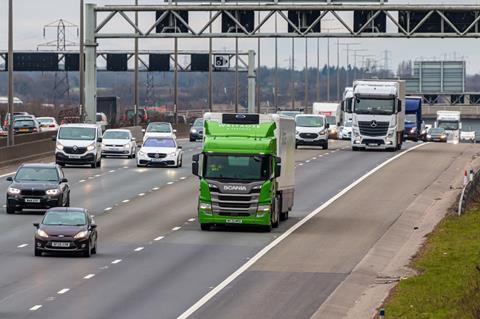The next government must commit to freezing fuel duty and suspending the HGV levy to protect the industry and prevent more hauliers collapsing, according to the RHA.
After Cartwright Bros became the latest in a long line of companies that have entered administration, the trade association said it was a sad reality that this was becoming regular news.
Almost 500 haulage firms went out of business last year and nearly 170 already have in 2024, including Linkline Transport, Rapid Response Transport, OPX Logistics and Hoddesdon Distribution.
The RHA said higher interest rates and increasing running costs had made the cost of running a haulage business more expensive than last year.
“These are challenging times for many operators in our industry due to rising costs and increased regulations,” said RHA MD Richard Smith.
“When costs increase, goods become more expensive. We spelled out in our recent manifesto that the next government must relieve the tax burden on industry to support economic growth. We therefore want the next government to commit to the continued freeze on fuel duty.
“We’re also calling for the suspension of the HGV levy. These would be important steps to show early on that the next government supports drivers and the commercial vehicle industry.”

Smith added: “Our sector is one of the most heavily regulated industries in the UK. When regulations grow, it becomes more expensive for businesses to comply. We see different and often contradictory regulations in towns and cities across the country, with red tape at our borders.
“We want the next government to carry out a comprehensive review of road freight regulations so that they can be simplified and significantly reduced.”
Cartwright Bros said a litany of “huge challenges” contributed to its demise, including the rise in diesel prices, the impact of the Covid -19 pandemic, HGV driver shortages created by Brexit, government red tape and the war in Ukraine.














